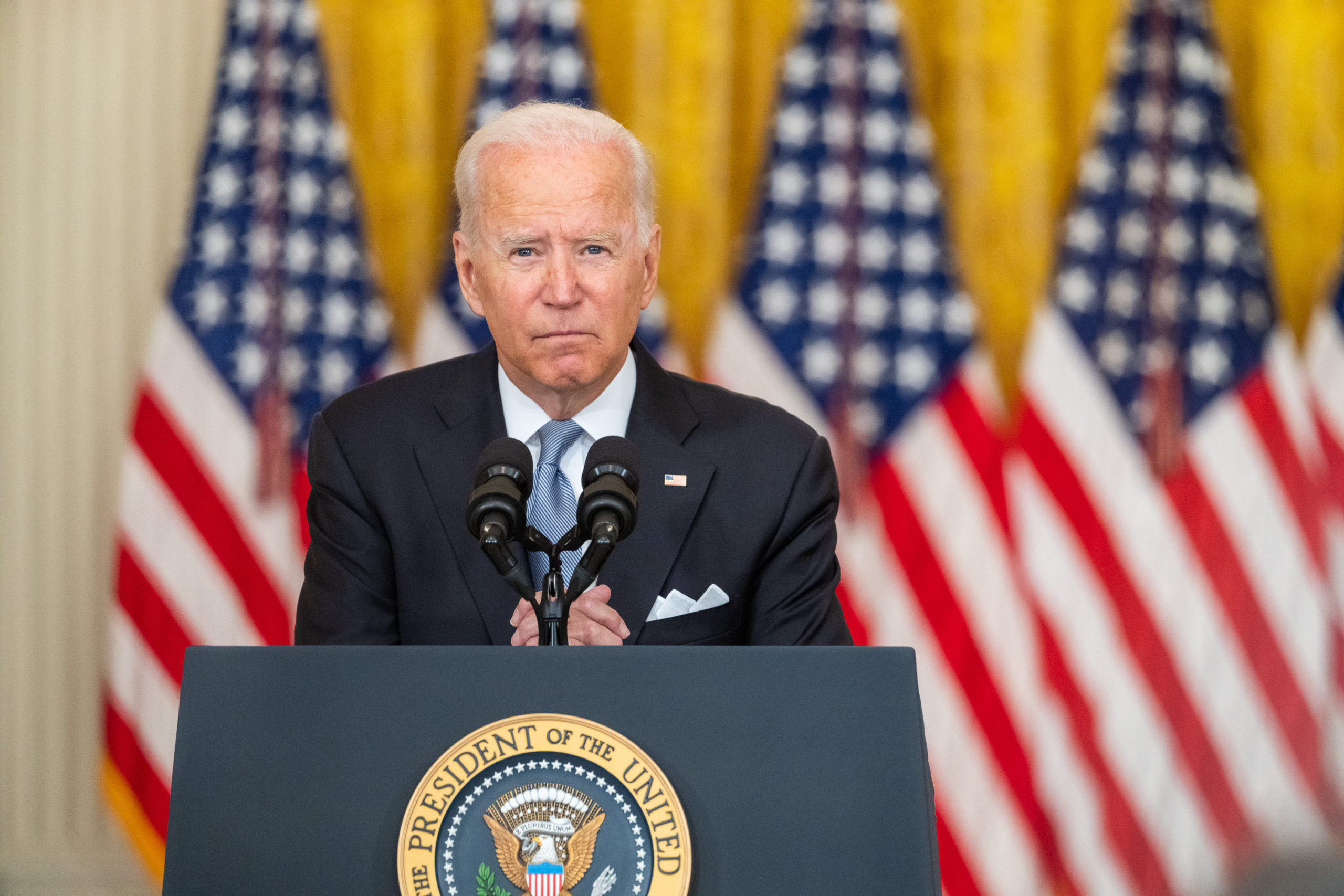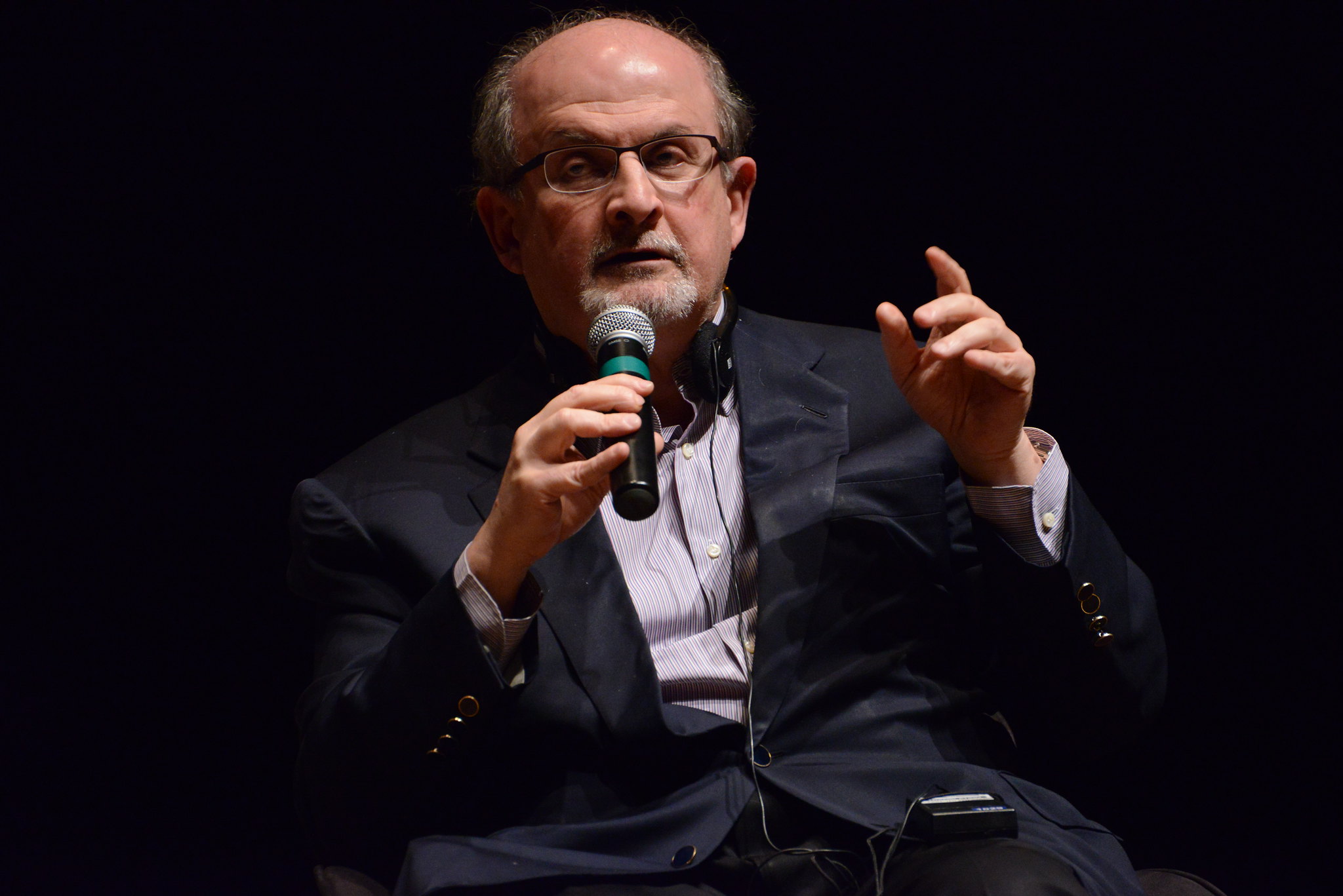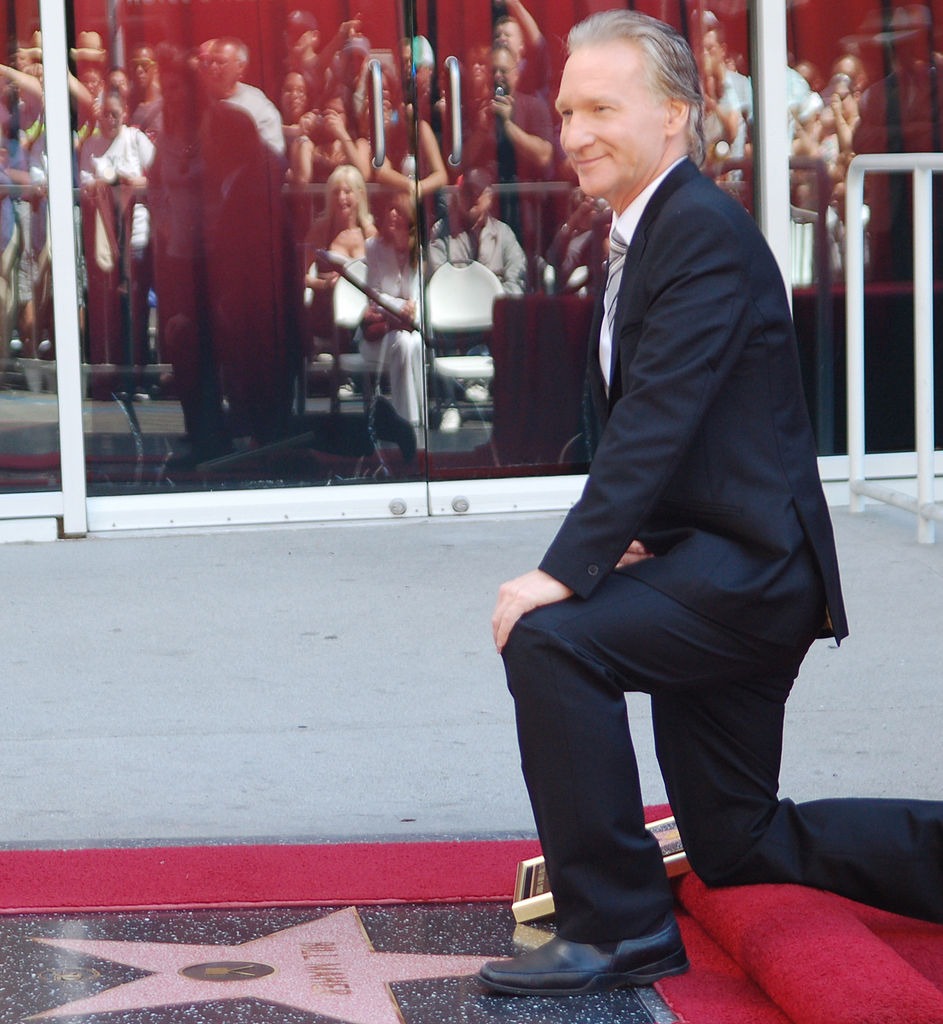The Art of the Apology

By Shaun Tan
Founder, Editor-in-Chief, and Staff Writer
13/9/2022

If you think about it, humans are pretty obsessed with apologies. Whether an apology should be given, by whom, to whom, when, and how, are things we never seem to tire of discussing. An apology, or lack thereof, can make or break a marriage, a friendship, or even an alliance. Our songs abound with apologies, behind only themes like “love” or “desire;” in fact, the former often follows logically from them – if so many songs are about winning over the one you want, it makes sense that so many others will be about winning her back after you’ve subsequently screwed things up (Hey girl, I’m sorry for banging that other chick last night when I should’ve been at home banging you instead. That ho ain’t got nothing on you, girl…[1]). It’s “hard to say I’m sorry,” even though I know it’s “nobody’s fault but mine,” I just hope it’s not “too late to apologize,” “I’ll take the blame,” so please let’s “forgive and forget.”
What makes a good apology? Barbara Kellerman, James MacGregor Burns Lecturer at Harvard University’s John F. Kennedy School of Government, identified four elements: 1) It acknowledges the mistake or wrongdoing, 2) It accepts responsibility, 3) It expresses regret, and 4) It promises that the offense won’t be repeated. (Though I don’t think these four things are either necessary or sufficient for a good apology, I do think the more of these elements an apology has, the better it’s likely to be.) See, for example, the following apology ad JetBlue took out in newspapers, after an ice storm in New York on Valentine’s Day 2007 threw its system into chaos, disrupting the flights of some 130,000 of its customers:
Dear JetBlue Customers,
We are sorry and embarrassed. But most of all, we are deeply sorry.
Last week was the worst operational week in JetBlues seven year history. Following the severe winter ice storm in the Northeast, we subjected our customers to unacceptable delays, flight cancellations, lost baggage, and other major inconveniences. The storm disrupted the movement of aircraft, and, more importantly, disrupted the movement of JetBlue’s pilot and inflight crewmembers who were depending on those planes to get them to the airports where they were scheduled to serve you. With the busy President’s Day weekend upon us, rebooking opportunities were scarce and hold times at 1-800-JETBLUE were unacceptably long or not even available, further hindering our recovery efforts.
Words cannot express how truly sorry we are for the anxiety, frustration and inconvenience that we caused. This is especially saddening because JetBlue was founded on the promise of bringing humanity back to air travel and making the experience of flying happier and easier for everyone who chooses to fly with us. We know we failed to deliver on this promise last week.
We are committed to you, our valued customers, and are taking immediate corrective steps to regain your confidence in us. We have begun putting a comprehensive plan in place to provide better and more timely information to you, more tools and resources for our crewmembers and improved procedures for handling operational difficulties in the future. We are confident, as a result of these actions, that JetBlue will emerge as a more reliable and even more customer responsive airline than ever before.
Most importantly, we have published the JetBlue Airways Customer Bill of Rights, our official commitment to you of how we will handle operational interruptions going forward, including details of compensation.
You deserved better – a lot better – from us last week. Nothing is more important than regaining your trust and all of us here hope you will give us the opportunity to welcome you onboard again soon and provide you the positive JetBlue Experience you have come to expect from us.
David Neeleman
Founder and CEO
JetBlue Airways

David Neeleman
Well played. The apology incorporates all four elements Kellerman identified deftly, including acknowledging its failures and taking full responsibility for them. It also outlines the concrete steps it’s taking to improve its procedures, ensure such a fiasco doesn’t reoccur, and earn back the trust of its customers. Most of all, it’s elegant and straightforward, free (mostly) of the usual corporate bullshit and cliché that so often plagues such statements.
The apology is itself an art form. At its best, an apology, freely offered by someone who truly realizes he was wrong, has an elevating quality, making him a bigger person than he was before. There’s nothing nobler: it suggests a willingness to take responsibility for your mistakes, to learn, to grow, to hold yourself to standards. Refusing to apologize after messing up suggests the opposite; it’s not a sign of strength, but of insecurity. When American President Joe Biden repeatedly refused to apologize after the disastrous US withdrawal from Afghanistan in August 2021 enabled the Taliban to seize the country in a matter of days, it conveyed not steely determination, but brittle defensiveness, and shredded the image of decency he’d spent decades cultivating.

Biden delivering remarks on the situation in Afghanistan, 16th August 2021 (Picture Credit: The White House)
But just as it’s a mistake to refuse to apologize when you know you’ve done something wrong, so too is it a mistake to apologize too readily, that is, to apologize even when you don’t think you’ve done anything wrong – especially in response to pressure from mobs, or bullies, or mobs of bullies. These kinds of apologies demean the very concept of apologies and are, unfortunately, more prevalent than ever today. You know the drill. Someone says or does something that doesn’t seem that bad (or bad at all), but offends the hair-trigger sensibilities of certain people. Those people then fly into an apoplectic rage and launch a hate-campaign (often on Twitter) against that person and/or his organization. That person is then pressured into making a cringing apology that goes something like this:
I sincerely apologize for any harm or trauma my words/actions caused to [Community X]. I recognize that what I said/did was insensitive, and is associated with a long history of violence, oppression, and discrimination against [Community X]. I recognize that, as a [person of supposed relative privilege], I cannot begin to comprehend the lived-experiences of [people of Community X], and that this ignorance led to my thoughtless words/actions. I recognize that [shibboleth/slogan thought to be popular with Community X]! I have only the greatest respect for [Community X] and it was never my intention to offend it. I know that I need to learn more, and promise to actively educate myself so as to do better in future.
(If offered on behalf of an organization, this apology will also often include a pledge to donate/allocate money to a (usually dubious) initiative associated with Community X.)
Many will recognize this as the standard kind of apology used by those who’ve offended people on the far left, usually in the US or the UK. The fact that these apologies tend to be so similar that there’s virtually a template for them shows how much radical leftists, and those who pander to them, have debased the noble art of the apology into mindless ritual. (Who the hell came up with this script, and why the hell do so many people think it’s effective?) Such apologies actually often include all four elements Kellerman identified, but they still sound utterly ridiculous. Always we have the use of exaggerated terms like “harm” and “trauma,” which no one could reasonably be expected to have suffered as a result of the (usually trivial) episode. Always we have the acceptance of guilt by association with “a long history” of something, regardless of the intent of the apologizer. Always we have the uncritical deference to the nebulous “lived-experiences” of a supposedly disadvantaged group, which basically amounts to the apologizer delegating his thinking to other people. Then we have the insipid pledges by the apologizer to “learn” and “educate” himself – as if learning and education will necessarily lead him to adopt the same views as the people he’s offended. The product is basically a collection of leftist clichés that read like they resulted from a Cultural Revolution struggle session. It’s an apology not for what he actually said or did, but for what the dumbest, most disingenuous person could have misinterpreted his words or actions to mean. Often, the person making the apology seems bewildered and beleaguered, blinking like an owl in the light, not really understanding why what he said or did was wrong, and yet pushed to put his name to this gibberish by administrators or HR or PR people who sometimes even draft such statements for him. That’s the sad state of so many apologies today: made by people who don’t understand them, and given to people who don’t deserve them.
So many apologies today are made by people who don’t understand them, and given to people who don’t deserve them.
Of course, the woke aren’t the only ones pressuring people to apologize for innocuous things. One of the biggest culprits is the Chinese Communist Party (CCP). One of the ways in which it does this is by flexing China’s economic muscle. Because of how lucrative the Chinese market is, Hollywood is terrified of pissing off the notoriously sensitive CCP, which will bar films from Chinese theaters in retaliation. See action star John Cena’s groveling mea culpa for committing the heinous crime of referring to Taiwan as a country (which it obviously is):
I made a mistake, I must say right now. It’s so so so so so so important, I love and respect Chinese people. I’m so so sorry for my mistake. Sorry. Sorry. I’m very sorry. You have to understand that I love and respect China and Chinese people. I’m sorry.
John Cena’s image as a “tough guy” will probably never recover from that.
Whilst an apology, sincerely offered for a sincerely-recognized wrong, elevates the person making it, an apology motivated not so much by conviction as by pressure debases him. (I exclude from this people who’ve been physically tortured into making false confessions or apologies, who cannot realistically be faulted for saying whatever their torturers tell them to say.) The writer Salman Rushdie illustrated this in his account of his experiences, which appeared in The New Yorker. After his novel, The Satanic Verses, which included depictions of prostitutes who stage-name themselves after Prophet Muhammad’s wives to titillate their clients, angered many Muslims around the world (most of whom likely never bothered to actually read the book, but had heard (often inaccurate things) about it and considered it blasphemous), culminating in a fatwa by Ayatollah Khomeini of Iran ordering his death, Rushdie was forced to have police protection and to go into hiding, and came under immense pressure to apologize. Finally caving in to the pressure, he penned the following statement:
As author of The Satanic Verses I recognize that Muslims in many parts of the world are genuinely distressed by the publication of my novel. I profoundly regret the distress that publication has occasioned to sincere followers of Islam. Living as we do in a world of many faiths this experience has served to remind us that we must all be conscious of the sensibilities of others.
Whilst an apology, sincerely offered for a sincerely-recognized wrong, elevates the person making it, an apology motivated not so much by conviction as by pressure debases him.
It was an unfortunate move. Especially bad was the part about needing to be “conscious of the sensibilities of others,” as if any true artist (and Rushdie certainly is a true artist) would really have refrained from including something that fit with the story just to avoid offending others’ sensibilities. Rushdie himself soon came to regard this apology as a mistake. Writing about himself in the third-person in his New Yorker article, Rushdie described how he “loathed” it, how making it made him feel “physically ill”:
It was a useless gesture, rejected, then half accepted, then rejected again, both by British Muslims and by the Iranian leadership. The strong position would have been to refuse to negotiate with intolerance. He had taken the weak position and was therefore treated as a weakling. The Observer defended him – “neither Britain nor the author has anything to apologize for” – but his feeling of having made a serious misstep was soon confirmed.

Salman Rushdie in 2014 (Picture Credit: Fronteiras do Pensamento)
Apologies made under circumstances like these are really an insult to both the person apologizing (by showing him to be weak), and the people to whom he’s apologizing (by treating them like they’re weak – like they’re infants who need to have their sensibilities pandered to). And, of course, like all forms of appeasement, giving in to crybullies – whether they’re on the far left or the far right, whether they be woke mobs, or CCP apparatchiks, or Islamists – never works, and only makes them even more stupid and intolerant, encourages them to take offense at even more innocuous things and to make even more unreasonable demands in future.
I faced a similar situation myself a few years ago when I was falsely accused of sexual harassment by a female colleague at Euromoney Institutional Investor, a financial information company I used to work at. Pressured by management to apologize for it, I refused, because I had not done it and so was not sorry, because I felt making such an apology would make me less than I was, and because I thought an apology would be taken as an admission of wrongdoing and spawn future trouble. Finally, Euromoney fired me for my refusal (though, ironically, after I successfully sued it, it ended up being forced by court order to apologize to me[2]). Whilst it was unpleasant to be fired at the time, and to have to survive on Subway sandwiches for more meals than I care to remember during the subsequent period of unemployment, there are few decisions I’m prouder of.
In a world where so many people are willing to buckle at the slightest pressure, it’s refreshing to see the rare person willing to stick to his principles. That likely explains the appeal of comedians like Bill Maher, who (bar a few exceptions) doggedly refuses to apologize for offending people with the things he’s said, even in the face of leftist campaigns to get him cancelled, who wryly called one of his shows “Politically Incorrect” and used the tagline “Sorry Not Sorry” for another.

Bill Maher next to his star on the Hollywood Walk of Fame
When it comes to not-apologizing with style, though, no one can beat the philosopher, Socrates, who, put on trial for corrupting the youth with dangerous ideas and disbelieving in the gods of Athens, refused to apologize for doing and thinking what he did, refused to show remorse in any way, refused to alter his behavior, refused even to address the jurors in the way they were accustomed to, even in the face of execution. “[W]hether you acquit me or not,” he said, “you know that I am not going to alter my conduct, not even if I have to die a hundred deaths.” When asked to propose a penalty for his “crimes,” he suggested that the state pay for his food in recognition of the public service he rendered in helping people think for themselves. Finally, sentenced to death, he said:
It is not a lack of arguments that has caused my condemnation, but a lack of effrontery and impudence, and the fact that I have refused to address you in the way which would give you most pleasure. You would have liked to hear me weep and wail, doing and saying all sorts of things which I declare to be unworthy of myself, but which you are used to hearing from other people. But I did not think then that I ought to stoop to servility because I was in danger, and I do not regret now the way in which I pleaded my case; I would much rather die as the result of this defense than live as the result of the other sort.

The Death of Socrates by Jacques Louis David, depicting Socrates just as he was about to drink poison on the order of the state
What a legend. Is it any wonder that Socrates lives on as an example of integrity and badassery through the millennia?
No one can realistically be expected to choose to die rather than apologize dishonestly, as Socrates did, but, thankfully, the consequences of refusing to do the latter are almost always much less severe. We can all, therefore, aspire to show a fraction of the bravery Socrates demonstrated. Sure, someone might take offense at something we said or did, but does that person have good cause to be angry at us? If so, he’s entitled to an apology, but if not, why should the mere fact of his anger determine the rightness or wrongness of what we did? The propensity to fly into a hysterical fury at the slightest provocation is, after all, a character defect, and the last thing we should do is reward it. “If you can keep your head when all about you / Are losing theirs and blaming it on you,” goes the famous poem by Rudyard Kipling. “If you can trust yourself when all men doubt you / But leave allowance for their doubting too.” That’s probably as good a guide as any.
The weight of your apology is the weight of your integrity. “If you stand for nothing, you’ll fall for anything,” goes the old saying. To that I’d add: “If you’ll apologize for anything, you stand for nothing.”
[1] “Sorry I fucked up by fucking someone else” songs are practically their own genre: See “Anyone of Us” by Gareth Gates, in which the singer blames his infidelity on the other woman, “Blame” by Calvin Harris, in which the singer blames his infidelity on “the night,” “Confessions: Part I” by Usher, in which the singer tells his partner he’s been cheating on her with his ex, and the sequel, “Confessions: Part II,” in which the singer tells her his ex has gotten pregnant as a result.
[2] Why did I insist on an apology in the lawsuit if I generally don’t believe in apologies made under pressure? Because I wanted to set the record straight that, although I was fired, I did no wrong, and I needed the apology letter from Euromoney in case the issue came up in future job applications.
